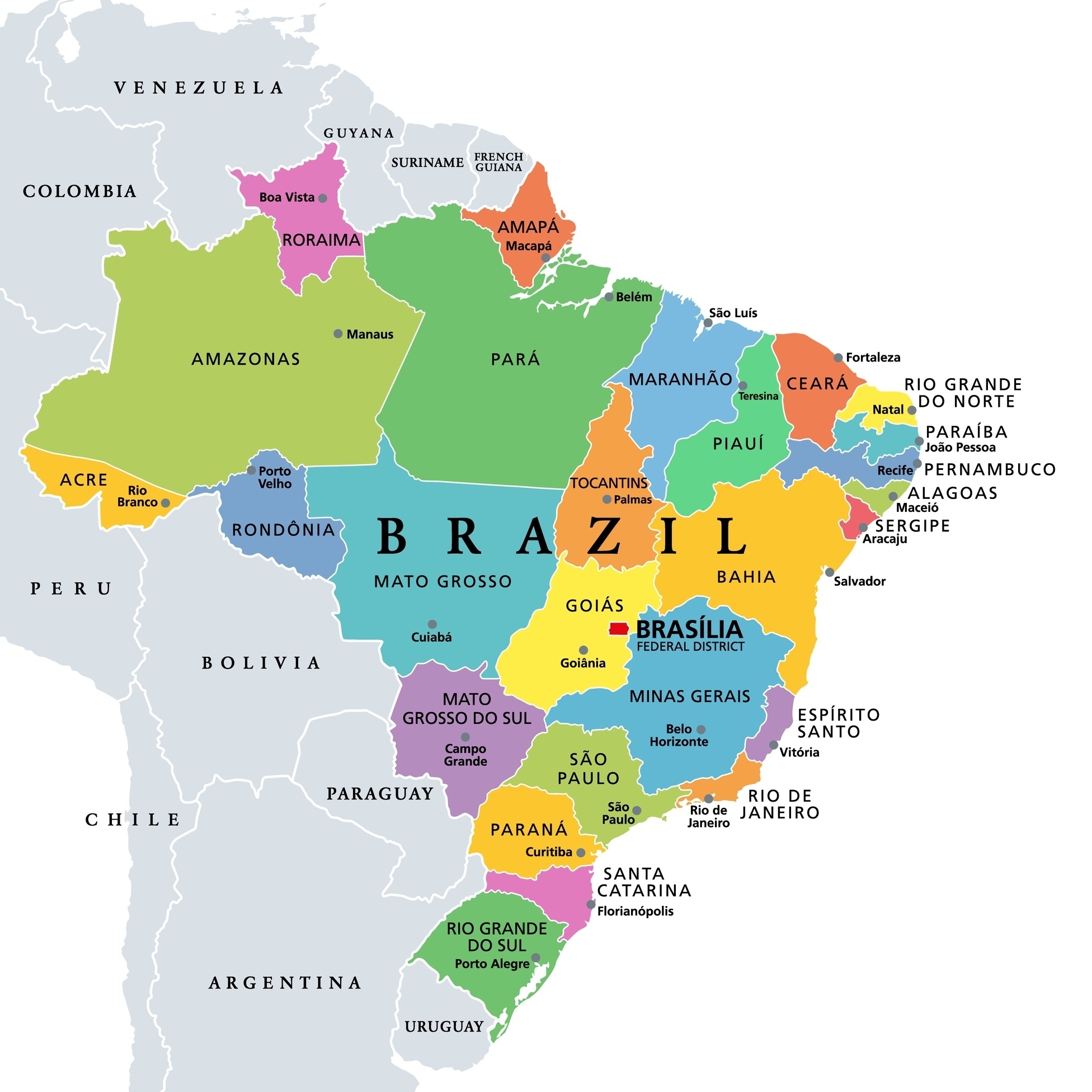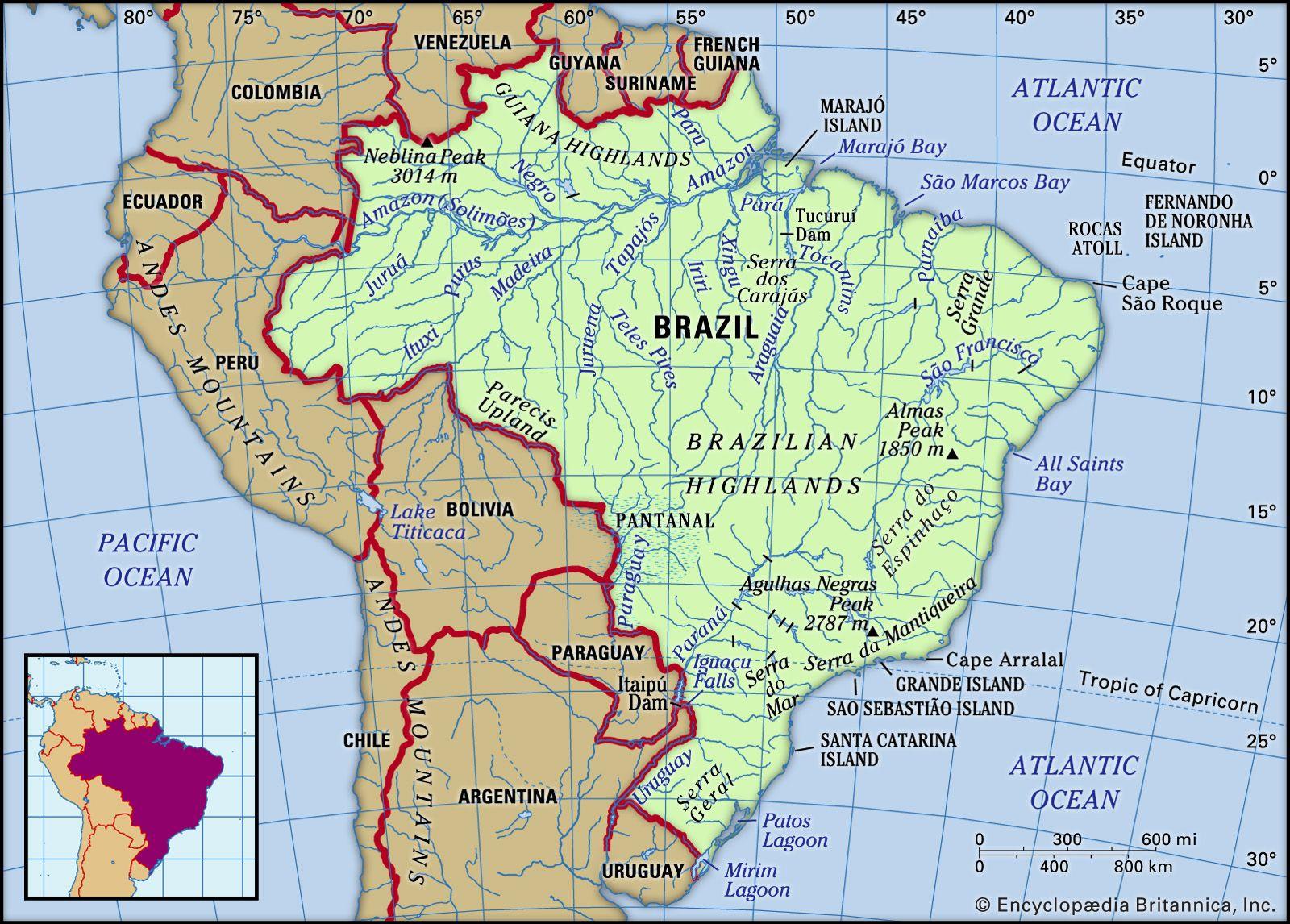Brazil’s Landmark Decision to Acknowledge Historical Injustice
In a meaningful move toward rectifying historical grievances, Brazil’s government has formally agreed to provide compensation to the family of a journalist who was murdered during the military dictatorship that ruled from 1964 to 1985. This decision marks a pivotal moment in the country’s ongoing effort to confront and acknowledge the heavy toll of state-sponsored violence that has lingered in the collective memory of its citizens. The journalist, Wladimir Herzog, was brutally killed in 1975, a victim of the oppressive regime aimed at stifling dissent and maintaining control. His death became emblematic of the era’s egregious human rights violations, resonating deeply with those who champion freedom of the press and the right to personal safety.
The compensation agreement is not merely a financial settlement; it is a recognition of the trauma suffered by families of victims and the profound injustices endured by the Brazilian population during a dark period in its history. Among the key components of this landmark decision are:
- Financial compensation: the government will provide monetary support to Herzog’s family.
- Public acknowledgment: An official recognition of the government’s role in Herzog’s death and the broader impact of the dictatorship’s policies.
- Support for memorial initiatives: Funding for projects aimed at preserving the memory of victims of the dictatorship.
This resolution has sparked discussions across various sectors, prompting manny to call for a more extensive reckoning with the past. As Brazil continues to navigate its complex relationship with history, steps like these are essential for fostering a culture of transparency, healing, and reconciliation.

Examining the Legacy of Violence Against Journalists in Brazil
This recent development marks a significant acknowledgment of the historical injustices faced by journalists in Brazil, particularly during the military dictatorship that lasted from 1964 to 1985. The decision to compensate the family of a journalist slain in this turbulent era is more than just a financial gesture; it represents a broader recognition of the systematic violence that silenced countless voices. By addressing past atrocities, the Brazilian government is taking a crucial step towards restoring a sense of justice and accountability, crucial for a healthy democracy. This action serves to emphasize the ongoing struggles against oppression and censorship in the media landscape, reminding the public and lawmakers alike of the governmental responsibilities in protecting journalistic integrity and freedom.
Moreover, this agreement resonates deeply within the context of brazil’s current media habitat, where journalists continue to face threats and violence. The legacy of brutality against the press persists, with attacks on reporters not a relic of the past but a present-day reality.The following points highlight the ongoing issues that must be addressed:
- Inadequate Protection: Journalists frequently enough lack proper security measures, making them vulnerable to threats.
- censorship and Intimidation: Many face intimidation from both government entities and criminal organizations, impacting their ability to report freely.
- Public Awareness: There is an urgent need to educate society about the importance of protecting journalistic freedom as a essential democratic right.

Implications for Accountability and Truth Recovery in Transitional Justice
The recent decision by the Brazilian government to compensate the family of a journalist murdered during the military dictatorship signals a significant step towards addressing past injustices. This move not only recognizes the individual tragedy of the journalist’s death but also underscores a broader commitment to accountability in a nation still grappling with its turbulent history. The financial compensation can serve as a symbolic act of recognition, affirming the need for societal acknowledgment of state-sponsored violence. By addressing past atrocities, Brazil is forging a path toward healing and reconciliation, an essential element in the process of transitional justice.
The implications of this development extend beyond financial restitution, highlighting the necessity for truth recovery mechanisms in navigating the legacy of authoritarian rule. Key aspects include:
- Historical Memory: Acknowledging victims’ stories revitalizes collective memory, ensuring they are not forgotten.
- Institutional Accountability: This move compels state institutions to confront their roles in past abuses,fostering transparency.
- Victims’ Rights: Upholding the rights of victims and their families reaffirms their dignity and humanity in a post-dictatorship society.
This approach sets a precedent for other nations facing similar histories, serving as a reminder of the challenges and potential for recovery in a nation’s quest for justice.

recommendations for Supporting Press Freedom and Protecting Journalists Today
In the wake of Brazil’s recent decision to compensate the family of a journalist killed during the dictatorship, it becomes imperative to prioritize the protection of journalists and press freedom, both globally and locally. Governments, organizations, and citizens must join forces to create an environment where journalists can operate without fear of violence or persecution. This includes advocating for strong legal frameworks that ensure the safety of reporters and punish those who seek to harm them. Enhancing transparency and accountability in the judicial process can also foster trust between media entities and the state, encouraging more robust investigative journalism that holds power to account.
Additionally, the role of civil society is crucial in supporting press freedom. Community awareness campaigns can highlight the importance of journalism in democracy, while also educating the public on the threats faced by reporters. Collaborative efforts between media outlets and non-profit organizations can create safer environments for journalists, ensuring that they can carry out their work without intimidation. Empowering journalists through training programs on digital security and whistleblower protections can also mitigate risks and support freedom of expression, helping to build a resilient media landscape that stands firm against authoritarianism and censorship.
